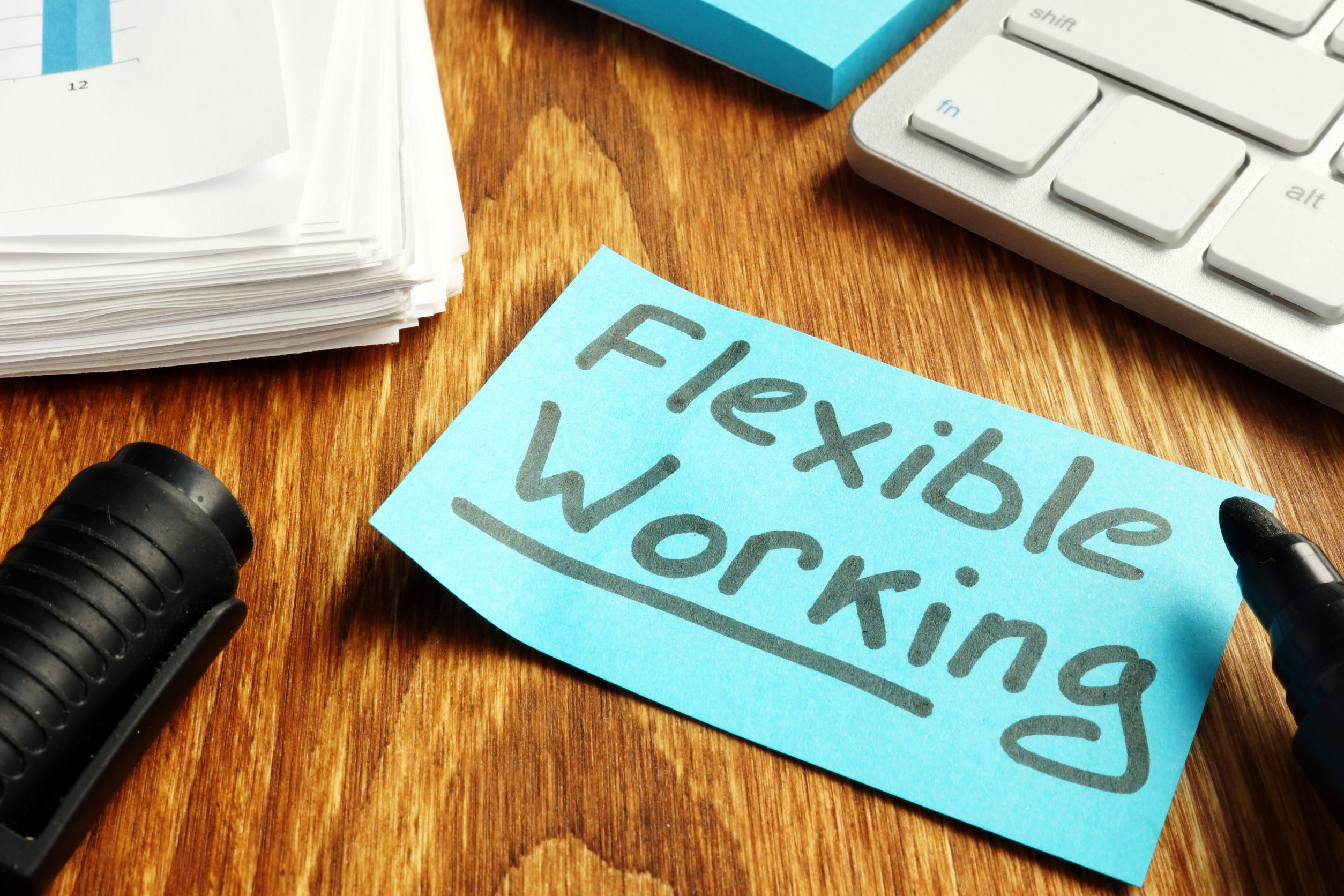Two Cents: Agile mindset underpins the transition to flexible working
- Shawn Liew

It is perhaps the dream of every employee to be able to earn more by working less. For employees in the UK, the dream may soon be a reality, with companies currently trialing a four-day work week based on the 100-80-100 model.
Employees will continue to receive 100% of their salary while working 80% of what they previously used to, the caveat being having to “demonstrate a commitment to maintain 100% productivity.”
Other countries have gone a step further, with Belgium lawmakers approving a reform package that will allow employees to choose to work for only four days per week. In Asia, Panasonic has joined a small, but growing, number of Japanese companies to offer employees a four-day work week to encourage better work-life balance.
Welcome to the world of flexible work. While it is perhaps a stretch to suggest that a 4-day work week completely equates to employees earning more by working less, it reflects how organisations are increasingly seeking flexible ways of working that prioritise the well-being of employees.
However, merely giving employees the choice of where they are working, when they are working, and how long they work is arguably insufficient to build and sustain long-term organisational success.
Instead, HR leaders need to cultivate an agile mindset across their organisation that will enable business to be efficient and adaptable to change.
Work models that have worked well for many years may need to be reviewed in the light of the pandemic; clearly, the traditional 9-to-5 work concept is gradually being replaced by activity-based working in a flexible setting.
Organisations must actively support and encourage a dynamic work environment that empowers employees to efficiently produce their best work. Agile working also places the focus on outputs and results as a measurement of success, as opposed to attendance, time, or managers having face-to-face interaction with employees.
Managers thus, have a key role to play in creating organisational agility. They should be trained on how to manage people more effectively in this new world of work, and should encourage open communication and employee feedback, state clear goals and objectives, and be able to reward and recognise hard work.
To make life easier for managers, organisations can re-evaluate their talent acquisition strategies to ensure that they are hiring people with the right fit. While it is inevitable that educational credentials will continue to play a role in selecting candidates, hiring managers should focus on certain personality traits and behaviours that are often developed through experience instead of education.
During the interview process, ask the right questions that are pertinent in today’s work environment. Instead of the trite “Why did you apply for this job” question, hiring managers can ask about a candidate’s attitude towards change and how they overcame adversities and challenges in their previous jobs.
With the world of work continuing to be in a constant flux of change as organisations adapt to the pandemic, candidates who are able to constantly re-evaluate the way they do things in a bid to improve will be invaluable and highly sought after; hiring managers need to be able to identify these candidates.
READ: Flexible work favoured by Singapore companies
Learning and development (L&D) can also play a key role in attracting and retaining the best talent. Employees today are looking beyond the mere lure of renumeration when it comes to choosing their employers.
Providing opportunities for employees to learn and develop new skills and capabilities, and communicating to them of the opportunities for growth and development, can be powerful tools in the hiring process.
Once these candidates are successfully converted into employees, the onus then, is on both the employee and employer to collectively cultivate an agile mindset that will increase productivity and allow the organisation to be ready to quickly and flexibly adapt to the next change that will impact the workplace.






